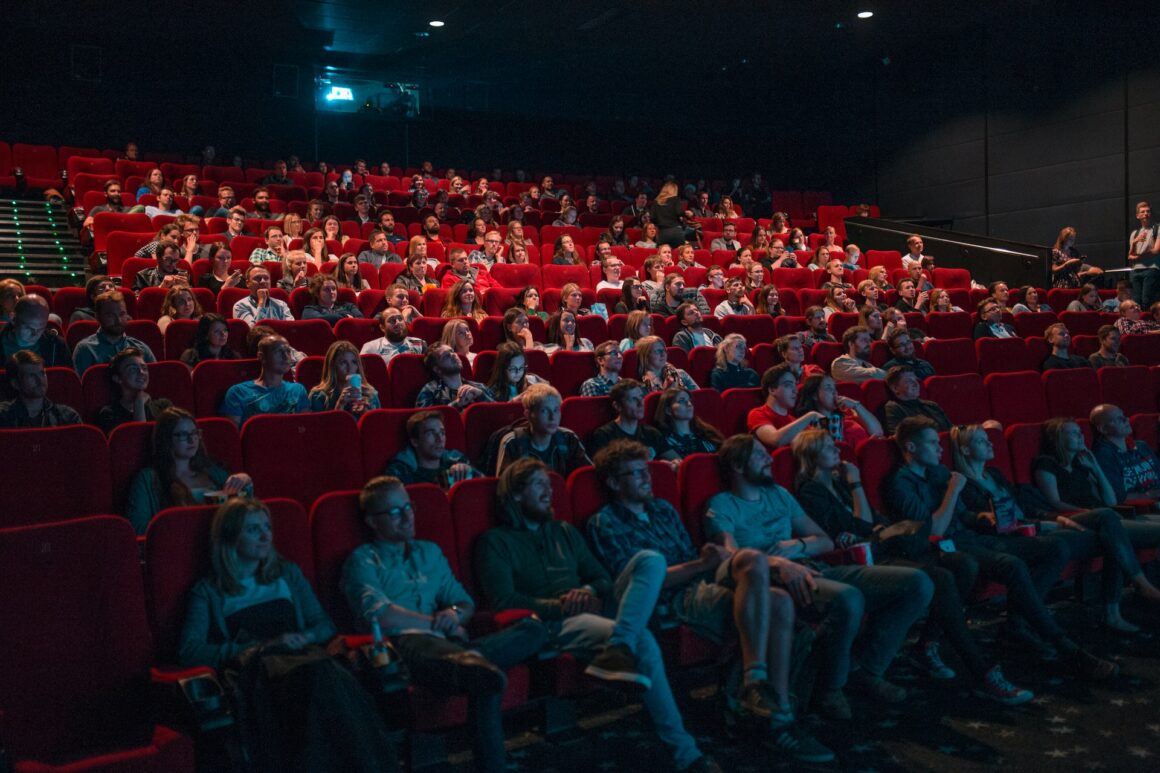If you’re like me, you grew up watching T.V. shows like Wizards of Waverly Place, Good Luck Charlie, That’s So Raven, The Suite Life of Zack and Cody, Victorious and many more iconic Disney Channel and Nickelodeon shows. As much as I look back and appreciate these shows for being a big part of my childhood and making me laugh throughout the years, there’s one eerie thing about them all that is significantly problematic.
Each one has a “quirky” character. You know what I’m talking about, the character who was always “one step behind,” the character who had multiple “how many times were you dropped on your head as a baby?” jokes made about them throughout the series.
Wizards of Waverly Place had Max, Good Luck Charlie had P.J., That’s So Raven had Chelsea, The Suite Life of Zack and Cody had London and Victorious had Cat.
You might just brush them off as the comic relief of the show, you might think that they were funny and made the audience laugh, so what’s the harm?
But that’s exactly it.
Disney Channel and Nickelodeon shows are so incredibly impressionable among young kids. These are the shows that are typically watched from age ranges of 6-14. These kids see casual “how many times were you dropped on your head as a baby?” jokes being made about characters on T.V. who might be different, and think it’s funny and acceptable to say in real life to another kid who might also struggle with being different.
It’s called a “spectrum” because no two developmental disorders are the same. Some people on the Autism Spectrum are greatly impaired and show the following symptoms: little to no social and communication skills, repetitive behaviors, sporadic outbursts and tantrums, etc. Then there are some people who fall on the spectrum who are mildly impaired. They have basic communication and social skills but it does not come easily to them, they have a hard time processing or understanding things, they struggle with being compassionate and showing emotion, they have a harder time in school, etc.
I’ve experienced the Autism Spectrum first hand because my brother was diagnosed at the age of four. If you ask somebody else who has also had a lot of experience with someone who falls on the Autism Spectrum, I’m sure they will tell you that the characters I listed above have the qualities to be considered as someone who might also fall somewhere on the spectrum.
Just because a person does not fall on the spectrum as severely as another, does not mean that their developmental disorder should be uncredited and turned into a joke by a show for the purpose of comic relief.
It’s not just Disney Channel or Nickelodeon who does this either. Even Glee, a popular show among teens and young adults, had a character, Brittany, who so obviously fell on the Autism Spectrum. Of course, it was never addressed, it was always brushed off as “Oh, that’s Brittany! She’s just ditzy and stupid and the comic relief of our show.”
I’ll end this article, though, on a good and hopeful note. A more recent Disney Channel show, Girl Meets World, had a “quirky” character named Farkle. I honestly did not think his “quirkiness” was as prevalent as some other characters I’ve seen on other shows, but it was definitely noticeable. You could imagine how pleasantly surprised I was when in season 2 on an episode called “Girl Meets I am Farkle” they actually addressed it. In the episode, a guidance counselor noticed that Farkle possess some of the traits commonly seen in someone with Aspergers, a disorder that falls into the Autism Spectrum, and wanted to have him tested for it. I don’t want to spoil the whole episode for those who haven’t seen in, and if you haven’t I highly recommend watching it. Disney Channel made history with this episode, finally addressing something real that the network has been playing off of for years.
This episode gives me hope that networks with young, impressionable audiences will stop using “quirky,” a.k.a. characters who show signs of possibly falling on the Autism Spectrum, as jokes or for the comic relief of their shows. The ASD is a real thing that deserves authentic representation with a more positive light.





Comments are closed.